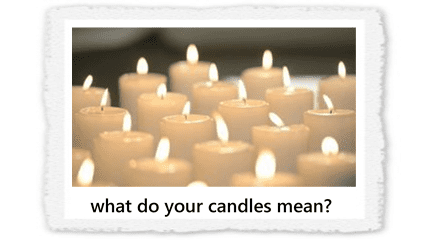- The older I get the more I move from frenetic, yet sleepy-faced kids in footsie pajamas tearing into packages to lonely people waiting desperately for December 26th. From Epiphany 2010.
It was December 1984. My first year at seminary. I had already developed the habit of skipping the weekly chapel service so I could eat a BBQ omelet with my friends. But today was different. I was excited about the chapel service. The School of Sacred Music was presenting their annual Christmas performance. I eagerly found a seat, the curtains parted and the choir began:
“A voice is heard in Ramah,
weeping and great mourning,
Rachel weeping for her children
and refusing to be comforted,
because they are no more.”
There it was. A minor-key dirge about Herod’s massacre of the innocents. I sat there stunned. How was I supposed to get the Christmas spirit listening to an oratoria about a paranoid tyrant killing every baby in Bethlehem? Why sing that music for the annual Christmas performance? Why even write an oratoria on that topic? For that matter, why did Matthew even include that awful story in his gospel?
Not many other Baptist churches celebrate Epiphany. But remembering the story of the Magi after Christmas is an ancient Christian tradition. The “three kings” remind us that Christ is inclusive of outsiders, seeking him is a noble task and we can bring him our best gifts – even our very selves.
But what can we gain from the story of Herod’s soldiers bringing such heart-breaking grief into the peaceful Judean hill country? As a pastor, what can I say about the massacre of the innocents?
Last month, while so many sought the Christmas spirit, our church hosted a special service. It was our third annual candlelight service for those who have lost a child (of any age). The idea was born out of the tragic loss of a church member’s daughter. We invite anyone who has faced this sadness to come and pray, light a candle in memory of their loved one, and remember them publicly. Following the service, these families gather for a reception – surrounding themselves with those who understand the lonely grief they feel.
Next week I will contact these families. I will invite them to a monthly gathering of friendship and support. And I’ve realized something. Matthew doesn’t have the answers for these families who lost their children, and neither do I. But he does tell us this: amidst the worst life has to offer, there is hope. There is love. There is God’s people loving and supporting one another. And maybe that is why they sang that music twenty-five years ago.

